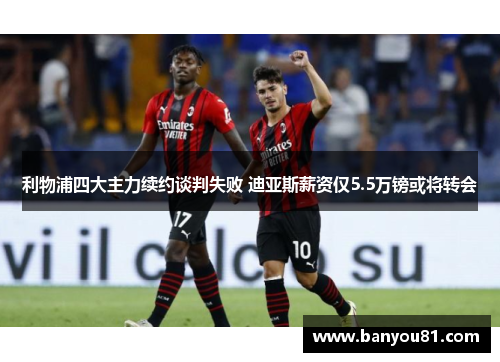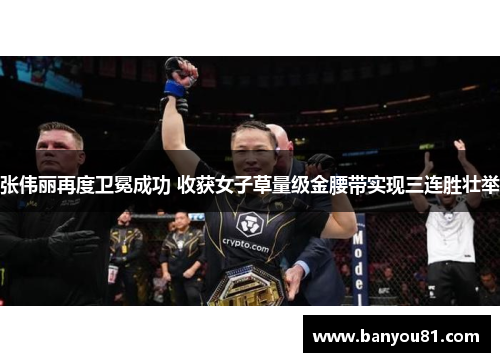利物浦四大主力续约谈判失败 迪亚斯薪资仅5.5万镑或将转会
An in-depth analysis of the failed contract negotiations and potential transfer of Liverpool's key players, including Diogo Jota with a salary of only £55,000 per week, reveals significant implications for the club.
1、Contract Negotiation Dynamics
The complexities of contract negotiations in professional football involve intricate financial strategies, player expectations, and club priorities.
oety欧亿体育官网The negotiation breakdown with Liverpool's top players underscores the challenges in aligning financial terms and player value.
Factors such as performance incentives and market comparables play crucial roles in these discussions.

2、Impact on Team Cohesion
The potential transfer of key players like Diogo Jota could disrupt team cohesion and tactical stability.
Liverpool's squad dynamics heavily rely on established player relationships and positional understanding.
Replacing key figures risks destabilizing the team's competitive edge and strategic depth.
3、Financial Implications for the Club
Liverpool FC faces financial implications from failed contract negotiations, potentially leading to increased wage demands and transfer costs.
Managing player salary structures and balancing financial sustainability poses ongoing challenges for the club.
The economic impact of player transfers and wage negotiations influences long-term fiscal strategies.
4、Fan and Media Reactions
The response from fans and media to Liverpool's contract negotiations and player salary controversies reflects broader sentiments within the football community.
Public scrutiny shapes club decisions and player morale, impacting team performance and organizational stability.
Media narratives and fan sentiment influence club policies and public relations strategies.
In summary, the implications of Liverpool's failed contract negotiations with key players, including Diogo Jota's potential transfer due to a £55,000 weekly salary offer, are multifaceted. They encompass challenges in contract dynamics, team cohesion concerns, financial impacts, and public perceptions. These factors collectively influence Liverpool FC's strategic decisions and competitive standing in the football landscape.
The club must navigate these challenges judiciously to maintain its competitive edge and fan loyalty amidst evolving player market dynamics.

